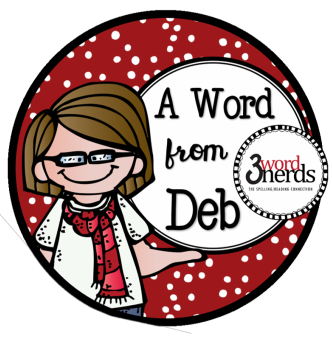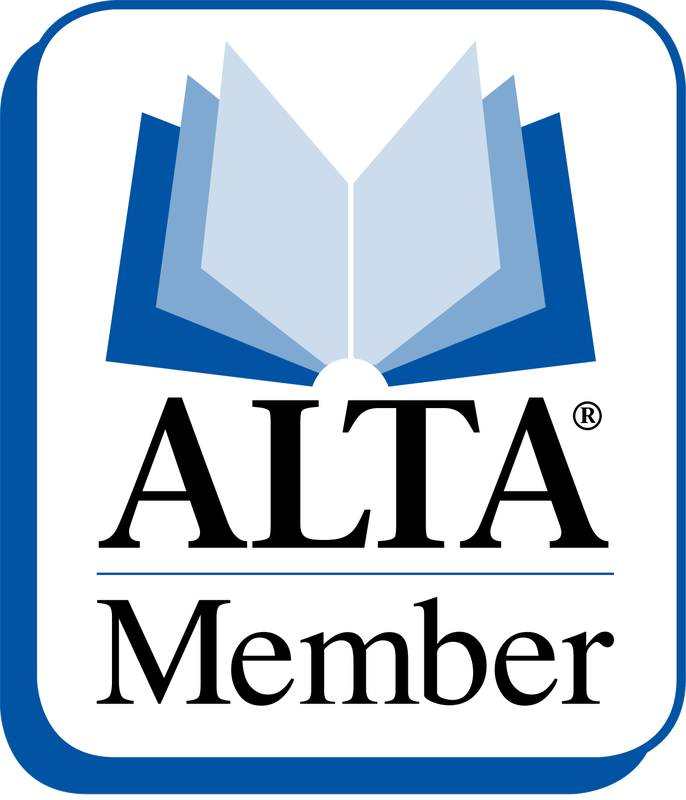
There are many names we give to the most frequently seen words in print. Some call them High Frequency Words, Sight Words, Instant Words, Fry Words, Dolch Words, Common Words, etc. It doesn't really matter what you call them, it is very important to teach them - reteach them - practice them - learn them - memorize them.
These are the words that we need to recognize immediately and be able to spell automatically because we see and use them most often. The 300 most frequent words make up about 65% of the words in print - Edward B. Fry - 1000 Instant Words. Check it out for yourself. Find a piece of writing - even this blog post - and count all the high frequency words you find. I know you'll find more than half are those common words on Fry's list. So the importance is clear and it is embedded in every ELA curriculum. The trick is how to teach them so students REALLY learn them.
Many feel that the High Frequency/Instant Words are irregular and there is no other way to teach them other than by rote memorization. It's hard to infuse fascination and high engagement to teaching them. Unfortunately, that was my method and thinking throughout the years I taught 2nd grade. I viewed it as boring - and I'm sure my students felt that way, too. They were just words included on the weekly spelling test - another set to be memorized for Friday's test. Since then, I've learned that most of the "sight" words ARE regular and you can teach them along with the rules of decoding and encoding (reading and spelling). Learning that most words fit a pattern or rule helped the spelling of it make sense. Connecting the sense and organization reinforce the word and embed it more quickly and permanently.
Here's a quick example. If I asked you to memorize a string of numbers - say seven. You could do it for the short term. But the numbers would be quickly forgotten. However, if I attach meaning to those 7 numbers - say, the phone number for your best friend, you would certainly remember them for a very long time. Think about the things that you remember - clearly. There is meaning and emotion and great value attached to that memory. That is why you remember the details.
Now, I'm not suggesting that Instant Words connect with intense feelings (unless it is frustration at struggling to learn them!). However, if you help students make sense of the way the words are put together and they understand the pattern, they will remember them much better.
So no matter the label you place on them - Fry Words, High Frequency, Instant - it doesn't really matter. They can all smell sweet and learning them can be easier with the rules.
Follow our blog to learn more about the rules of spelling and engaging ways to make teaching reading and spelling more effective and meaningful.
| instant_word_cards_300.pdf |


 RSS Feed
RSS Feed